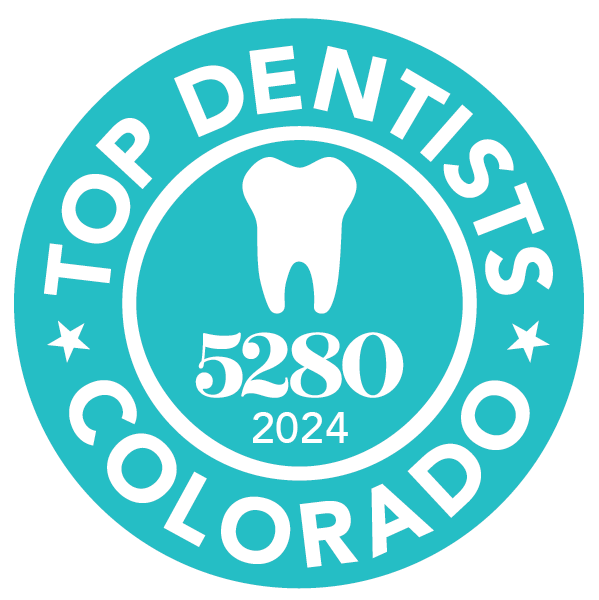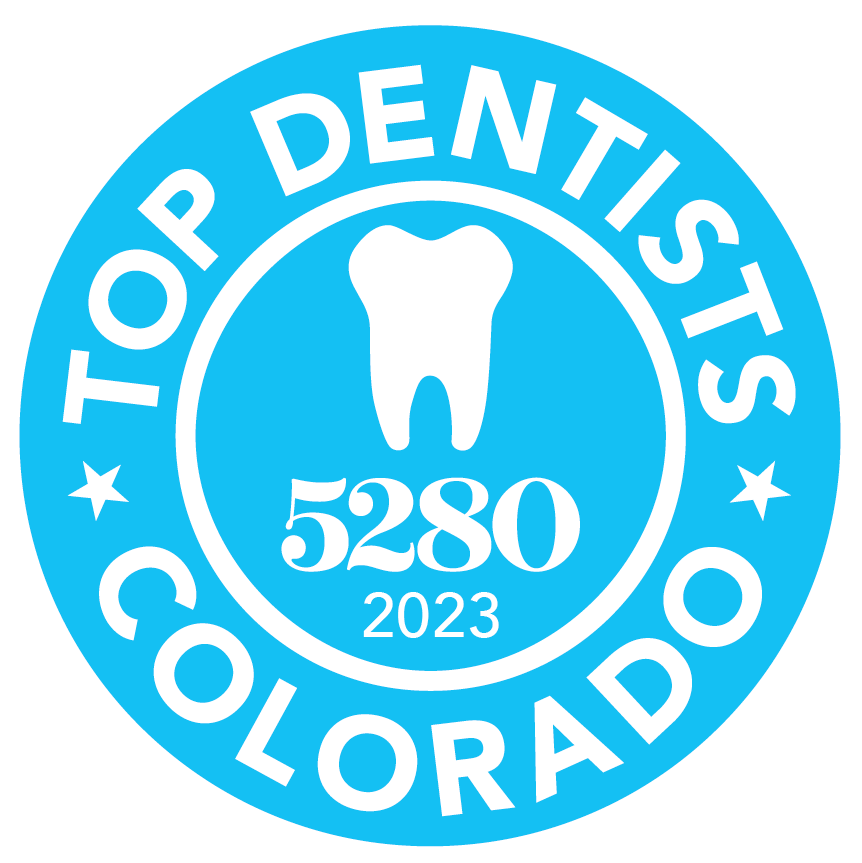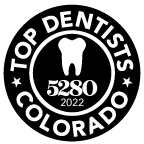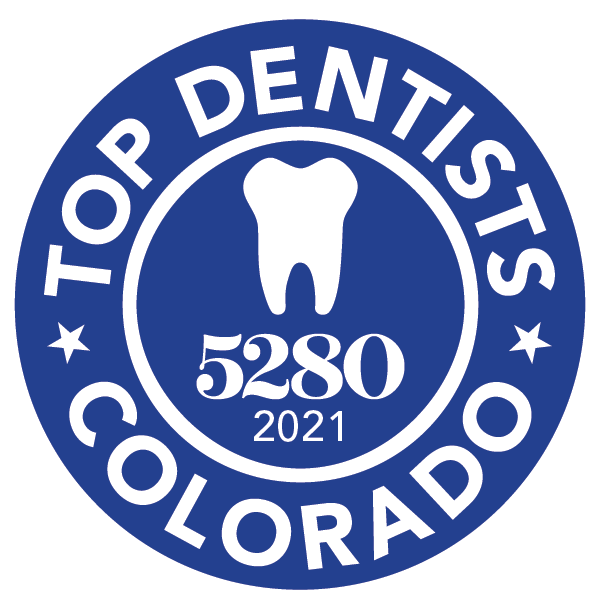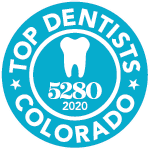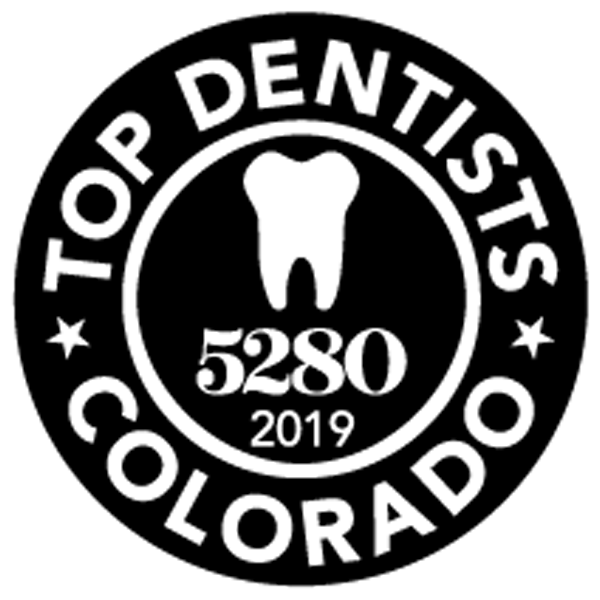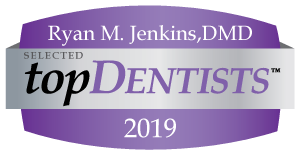These instructions apply to the surgical procedure just completed. They are designed to help you minimize post-surgical discomfort and inform you of any situation that may require special attention. Most surgical procedures will include prescriptions for an antibiotic, pain medications, a prescription strength mouth rinse, and possibly steroids.
PAIN MEDICATIONS
It is not unusual to have discomfort for at least the first week following your surgical procedure. You will be given a prescription for medications to help you tolerate the post-surgical recovery period. Please take your medications as directed. It is important to take the pain medication as soon as possible after the surgery in order to stay ahead of the soreness. It is advisable to not take pain medication on an empty stomach as nausea may result. Some prescription strength pain medications such as Percocet or Vicodin contain an opiod, which can make you drowsy and/or dizzy. Do not drive, operate machinery, or perform any dangerous tasks while taking these medications.
As an alternative to prescription medications, taking a combination of over-the-counter Ibuprofen and Tylenol to be effective. You may take the combination in either of the following dosages: 3 Advil Liqui-Gels and 2 Regular Strength Tylenol or 3 Advil Liqui-Gels and 1 Extra Strength Tylenol, every 4-6 hours as needed.
- Note: When taking any prescribed medication containing Acetaminophen (Tylenol), i.e.; Percocet, Vicodin, or Tylenol with Codeine (Tylenol #3), you should not take additional Tylenol so as not to exceed the safety level of Acetaminophen, which could affect your liver. Please contact the office with any questions you may have.
ANTIBIOTICS
Please alert the office to any allergies or sensitivities that you might have to antibiotics. An antibiotic will likely be prescribed following your surgical procedure to prevent post-operative infection and promote healing. Take as directed until finished. It is advisable not to take these medications on an empty stomach as nausea may result. For women taking birth control pills, be advised that antibiotics may interfere with their effectiveness so please use another form of contraception.
SWELLING
Swelling may occur following your surgical procedure and will typically increase 2-3 days after the procedure. To minimize the swelling, place an ice pack over the outside cheek area for 20 minutes on and 20 minutes off. Continue using ice for 2-3 days following the procedure as often as possible.
BLEEDING
A small amount of bleeding is normal. If excessive or continuous bleeding occurs:
- Do not rinse your mouth.
- Elevate your head when lying down.
- Apply moistened gauze to the immediate area with moderate pressure for 20 minutes; repeat if necessary.
- Enclose a moistened tea bag in a gauze square and apply pressure for 20 minutes.
- Call the office if bleeding persists.
BRUISING
Occasionally, facial bruising may occur adjacent to the surgical site. If this occurs, the bruising should subside in 1-2 weeks. You can purchase over the counter Arnica Cream to reduce the bruising.
IMPLANTS AND SOFT TISSUE GRAFTS
Implants: After an implant is placed, it is important not to put any pressure on the implant for the healing period of 3 months. Any pre-mature pressure placed on the implant can cause implant failure. If you have a temporary flipper, do not wear it until it is appropriately adjusted by your general dentist so no pressure is on the implant.
Soft Tissue Grafts: Do not brush the grafted area until instructed to do so by Dr. Jenkins. Do not pull your lip down to look at the graft as this will loosen the sutures and the graft which will lead to graft failure.
DIET
Do not chew on the side where surgery was completed. Avoid hot foods and liquids immediately following the surgery so as not to increase bleeding, inflammation, bruising, and swelling. A soft diet is recommended. Foods such as cottage cheese, oatmeal, soup, milk shakes, ice cream, eggs, yogurt, pasta, mashed potatoes, casseroles, and fruits are more easily eaten. Be sure to avoid any crunchy foods or foods that contain small seeds or kernels. Remember, adequate nutrition is essential for feeling better as well as for healing.
SMOKING
Smoking will affect the outcome of the surgical procedure. Smoking leads to decreased wound healing and increased risk of post operative infection and implant failure. For your oral health, systemic, health, and success of surgical treatment, it is advised to stop smoking completely and immediately. If you cannot stop smoking entirely, try to not smoke for 1 week prior to surgery and at least 2 weeks following your surgical procedure. Smoking or tobacco products can significantly slow healing and can compromise results.
ALCOHOL
Do not drink alcohol after your surgery as it can increase bleeding and swelling. Alcohol will also limit the effectiveness of the prescription antibiotics. Alcohol also interacts with prescription pain medications, which could have serious and life threatening complications.
RINSING
Do not rinse for the first 24 hours. You will likely be prescribed a prescription strength mouth rinse that you will begin the day after the surgery and will use for at least 2 weeks. Do not rinse aggressively. Very gently rinse with the mouthwash for 30 seconds and gently spit it into the sink. After that, you may use a mild, diluted mouthwash or a warm salt-water rinse.
BRUSHING AND ORAL HYGIENE
Do not brush the surgical site until instructed by Dr. Jenkins at your 2 week post op visit. You may resume normal brushing/flossing in other areas the following day. If a bone graft procedure was completed around a tooth, do not use a water flosser device in the area for at least 6 months.
SUTURE REMOVAL
You may notice increased discomfort 3-4 days after the surgical procedure. As the tissues begin to heal, they may pull against the sutures. The sutures will be removed 2-4 weeks after your surgery depending on which surgery is completed. You may choose to take some form of pain medication one hour prior to your suture removal appointment to minimize tenderness. If you are a patient for whom Antibiotic Pre-Medication is required, take the prescribed antibiotics 1 hour prior to your suture removal appointment. Dr. Jenkins uses both resorbable and non-resorbable sutures so some sutures might naturally dissolve before you see Dr. Jenkins again at the 2 week post operative visit.
CONTACT US
Should you have any questions or concerns during regular office hours, please do not hesitate to contact us at 303-797-1211.
